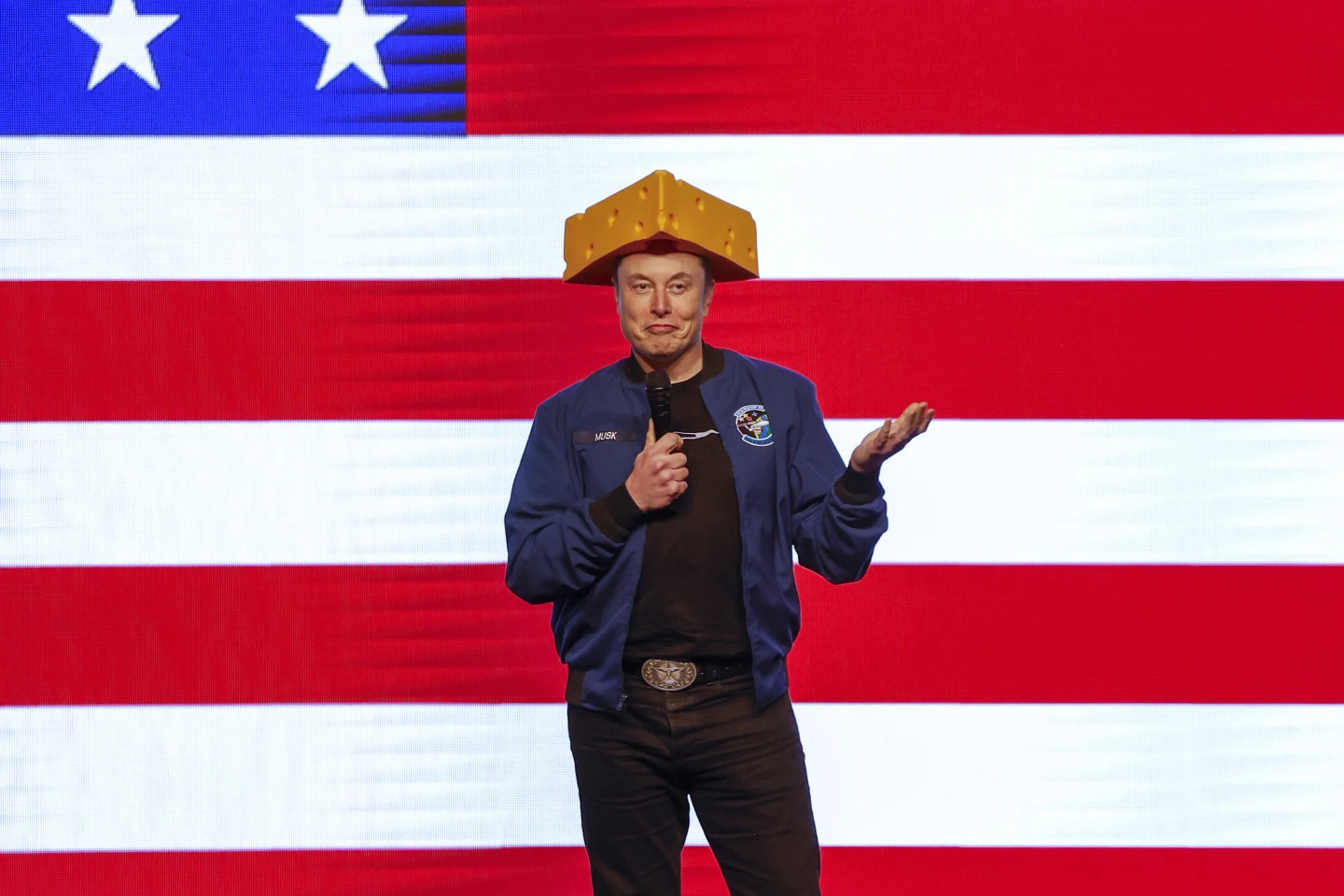It wasn’t a quiet farewell, but it was a clear retreat – Elon Musk, the richest man in the world, is stepping back from the political stage after a resounding electoral defeat in Wisconsin – at least for now. His candidate lost the state’s Supreme Court race by ten percentage points. Musk himself stood at the center of the campaign, traveled to Green Bay, wore a cheesehead hat, handed out million-dollar checks – and failed. What remains is the image of a billionaire who came to buy democracy – and left empty-handed.
“People vs. Musk” – The voter has spoken
Democrats in Wisconsin have no doubt about who won this battle - “The people have won,” said Ben Wikler, chair of the Democratic Party of Wisconsin. “The biggest funder in Republican politics is taking his toys and going home.”
In fact, the spring campaign was unofficially run under the slogan “People vs. Musk.” The Democratic strategy - turn the tech billionaire, who wielded a chainsaw through the federal government in Trump’s shadow, into the symbol of unrestrained abuse of power. It worked. Voters rejected not only Musk’s candidate but also his way of trying to buy his way into democratic processes.
A campaign like a tech startup
Musk turned the Supreme Court race in Wisconsin into a political startup – with a budget like an IPO. More than $22 million from his orbit flowed into the campaign of Republican Brad Schimel. Musk personally paid at least $3 million. He funded door-to-door canvassing with $6 million, offered a $20 bonus for selfies from volunteers supporting Schimel, and paid three individual voters $1 million each for signing a petition. It was a campaign so surreal, it was hard to distinguish from satire.
On election day, Musk posted on social media - “A seemingly small election could determine the fate of Western civilization.” In truth, this election decided something else - the limits of political buyability in a state that’s been a swing state for years.
The retreat – calculated or forced?
Just weeks after the defeat, Musk announced he would withdraw from political funding in the future. Criticism of him had become “toxic,” and even conservative strategists like Brandon Scholz now say Musk appears “toxic” in Wisconsin. He could return at any time, of course, but his profile has hurt him - “He became the campaign. He became the story.”
At the same time, Musk lost public favor - an AP-NORC poll found that only 33% of U.S. adults had a positive view of him, down from 41% in December.
A department of cuts that’s failing
Musk wasn’t just a donor – he was part of the government. As head of the Department of Government Efficiency (DOGE), he led Trump’s crusade to dismantle the federal bureaucracy. But his radical cuts, including efforts to shut down entire agencies, have so far been largely ineffective. Critics like liberal Congressman Mark Pocan say Musk has “become a liability” – even for Trump.
2026 is coming – and with it, the next round
Coincidence or timing - just hours after Musk’s announcement of political retreat, liberal appeals court judge Chris Taylor declared her candidacy for the next Wisconsin Supreme Court race in 2026. She is challenging a conservative incumbent who openly supported Trump’s failed coup attempt in 2020. Taylor announced that her campaign would be “about the people of this state, not about billionaires, not about the powerful.”
The Musk myth is crumbling
What happened in Wisconsin was more than an election loss. It was a shift in sentiment. A signal that political power cannot be bought – at least not in every state. Musk may invest again in the future, may develop new strategies, may act more discreetly. But in this moment, he was caught by democracy. Not by a law, not by a court – but by the voter.
And that, in times like these, is a damn good sign.
(Photo Jeffrey Phelps)
